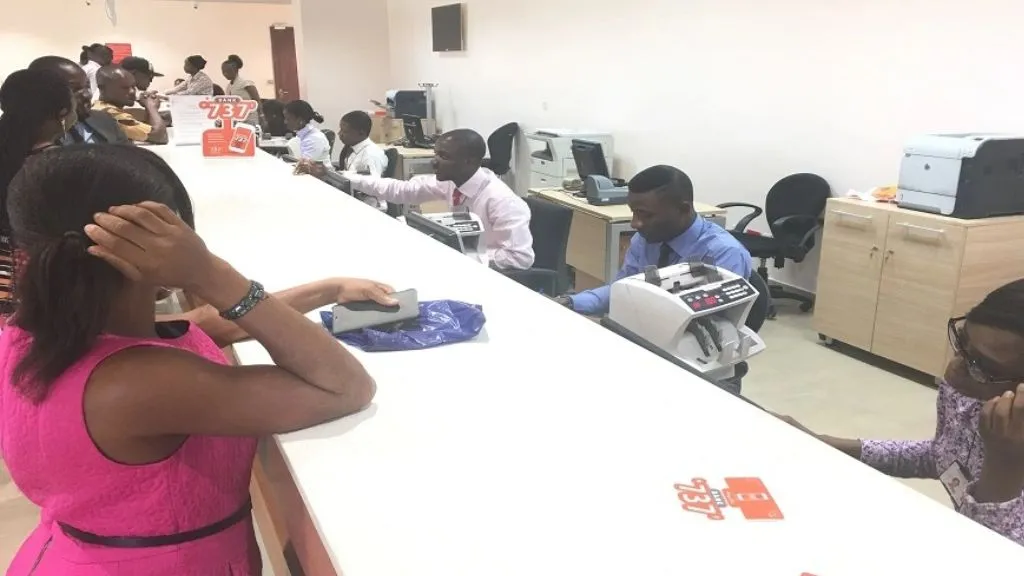Your next of kin does not have access to your money in the bank if you die today (See Reasons)
Many Nigerians believe that their next of kin automatically inherit monies in their accounts when they die, but this has been said to be untrue.
The issue which has generated lots of reactions came to the attention of many Nigerians after a Twitter, user, @moderate_ustaz, described Nigerian banks as dubious and advised people to be wise, saying next of kin is useless in banks.
He said banks go through a legal probate process to determine who gets the monies in their deceased customers’ accounts.
The man explained that the legal probate is usually a lengthy and expensive process that would see the families forfeit some portions of the money to the banks when the process is completed.
According to him, customers can outsmart their banks by ensuring they have a written will and that the next of kin is a signatory to their accounts.
BANKS ARE DUBIOUS, BE WISE!!
BE INFORNED!!
SO "NEXT OF KIN" IS USELESS IN THE BANK.THE REAL THING NEEDED IN THE BANK IS
IF YOU DIE TODAY, YOUR "NEXT OF KIN" WILL NOT HAVE ANY ACCESS TO THE MONEY IN YOUR ACCOUNT!!!
👇👇
— Moderate (@moderate_ustaz) July 18, 2023
He further advised that customers can request a Payable on Death (POD) form and explained that the POD makes it easier as the name on it gets access to the deceased’s money upon providing a death certificate.
He also said to outsmart the banks and ensure that their hard-earned money is rightfully inherited by their loved ones, there is a need of having a written will.
A will is a legally binding document that specifies how a person’s assets, including bank accounts, should be distributed after their passing.
By having a will in place, individuals can ensure that their wishes are followed, and their loved ones receive their rightful inheritance without unnecessary delays and complications.
Additionally, the man advised individuals to make their next of kin signatories to their accounts. This means that the designated next of kin will have access to the account during the account holder’s lifetime and will continue to have control over it in the event of their passing.
Furthermore, the man recommended requesting a Payable on Death (POD) form from the bank. A POD designation allows the account holder to name a specific person who will gain immediate access to the account’s funds upon presenting a valid death certificate.
The truth is, outside of a formal legal arrangement; having a next of kin on all your property documents, bank accounts, and other investment is in no way equal to having a WILL or giving automatic access to your next of kin.
There is nothing special about next-of-kin as far as succession is concerned. Next-of-kin is simply the first contact point if anything happens to you.
He/she is someone empowered to make decisions for you in times of emergency or where you are not readily available or unable to make the decisions yourself.
He/she is someone empowered to provide necessary information about you where needed such as confirming your identity. He/she is also someone positioned to make medical decisions such as providing consent for a medical procedure.
Your next of kin is NOT automatically a beneficiary of your property after death.
What does “next of kin” really mean?
Next of kin is a title that is primarily used in order for emergency services to know whom to keep informed about an individual’s condition and treatment. The title can be given, by you, to anyone from your partner to blood relatives and even friends. It is also possible to name more than one person as your next of kin.
I am sure you have filled out various forms, asking you for your next of kin. A bank account, an investment document, and others.
Does next of kin have access to your bank account?
When an account holder dies, the next of kin must notify their banks of the death. This is usually done by delivering a certified copy of the death certificate to the bank, along with the deceased’s name, bank account number, and other information. The bank will also require other documents, including court-issued letters, testamentary or letters of administration naming an executor or administrator of the deceased’s estate for the next of kin to have access to the funds of the deceased.
The position of the law is that in the event of death, the monies in the bank of a dead person who died without having a Will shall be paid to the dead person’s beneficiaries who have been granted Letters of Administration by the Probate Registry of the High Court of a State. If the deceased had a valid Will, the Will shall also go through the Probate process and the Executors of the Will shall be issued a Grant of Probate before the bank will pay them the monies of the deceased.
A chosen next of kin can only have access to a deceased person’s bank account if he/she has an ownership stake in that account from inception through the BANK MANDATE.
What is a bank mandate?
A bank mandate, also known as an account signatory mandate, is a person who is authorized as a co-signatory to your bank account. Most banks offer a range of options as “either-or” should sign or “both” should sign etc. and could allow up to three signatories. [This varies from bank to bank]
At best, what a next-of-kin can do after the demise of the deceased is perhaps to ensure that necessary steps are taken toward obtaining letters of administration from the probate. The typical Nigerian’s conception of the term, “next-of-kin” is therefore erroneous, without the beneficiaries first producing a Grant of Probate (where the deceased died testate) or Letters of Administration (where there is no Will).





















